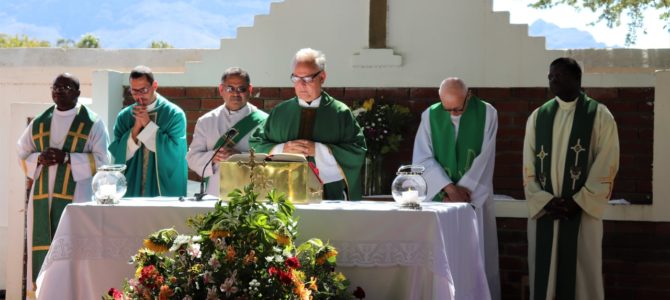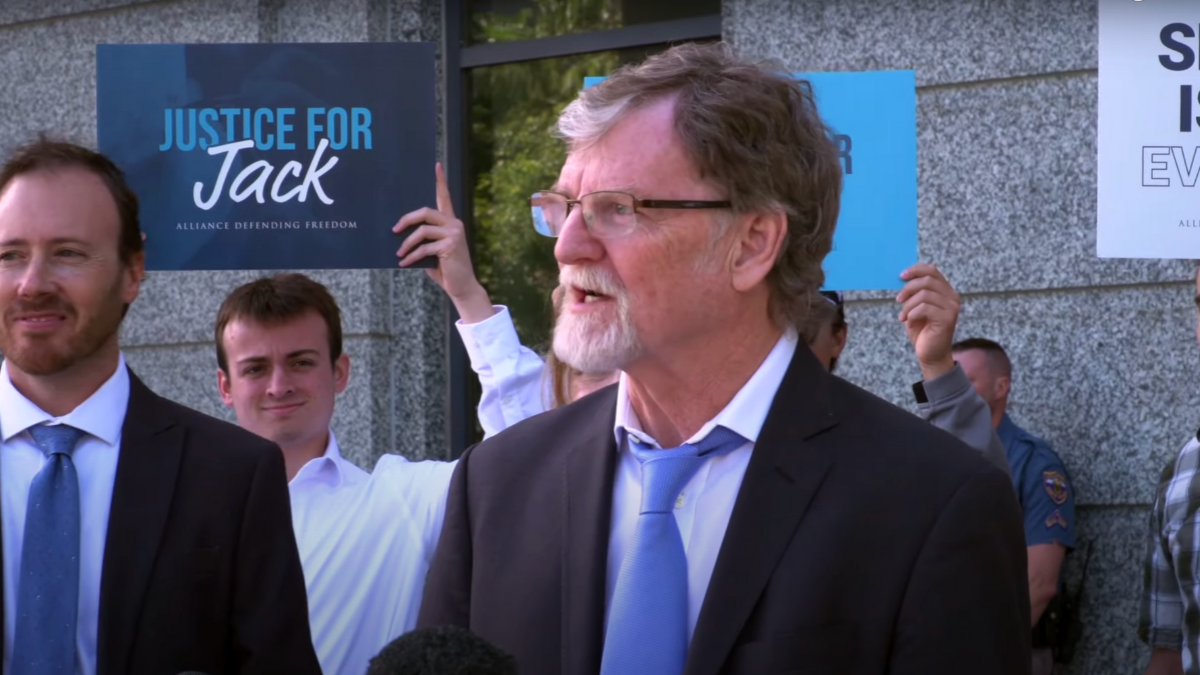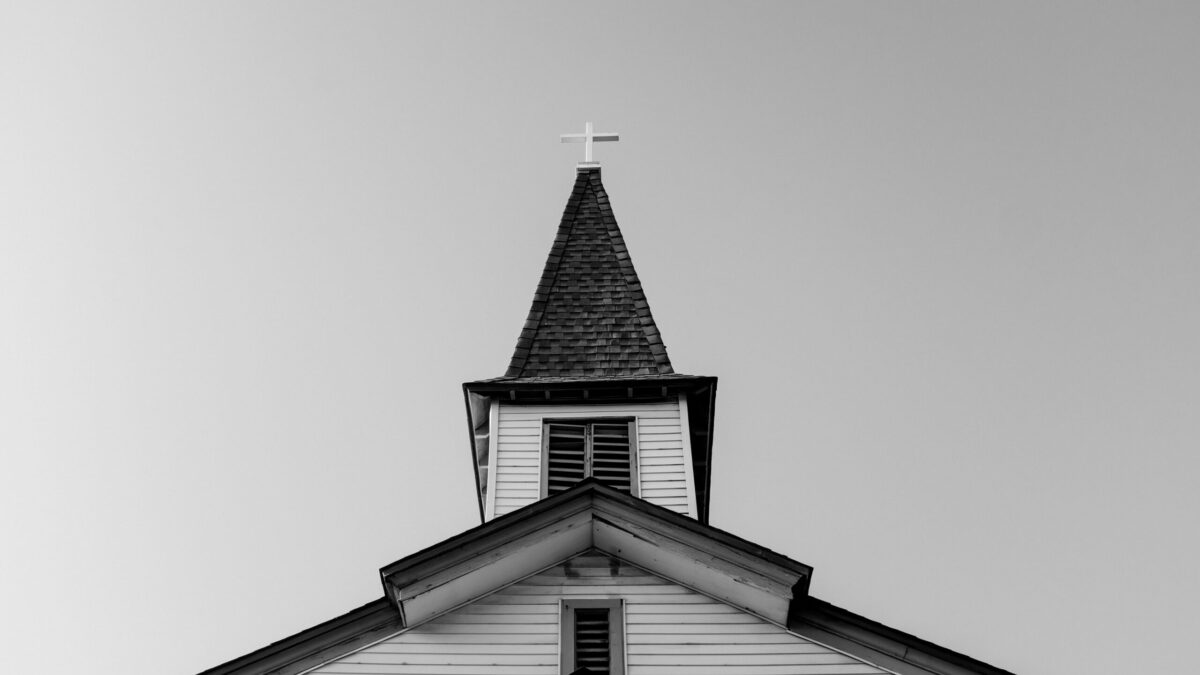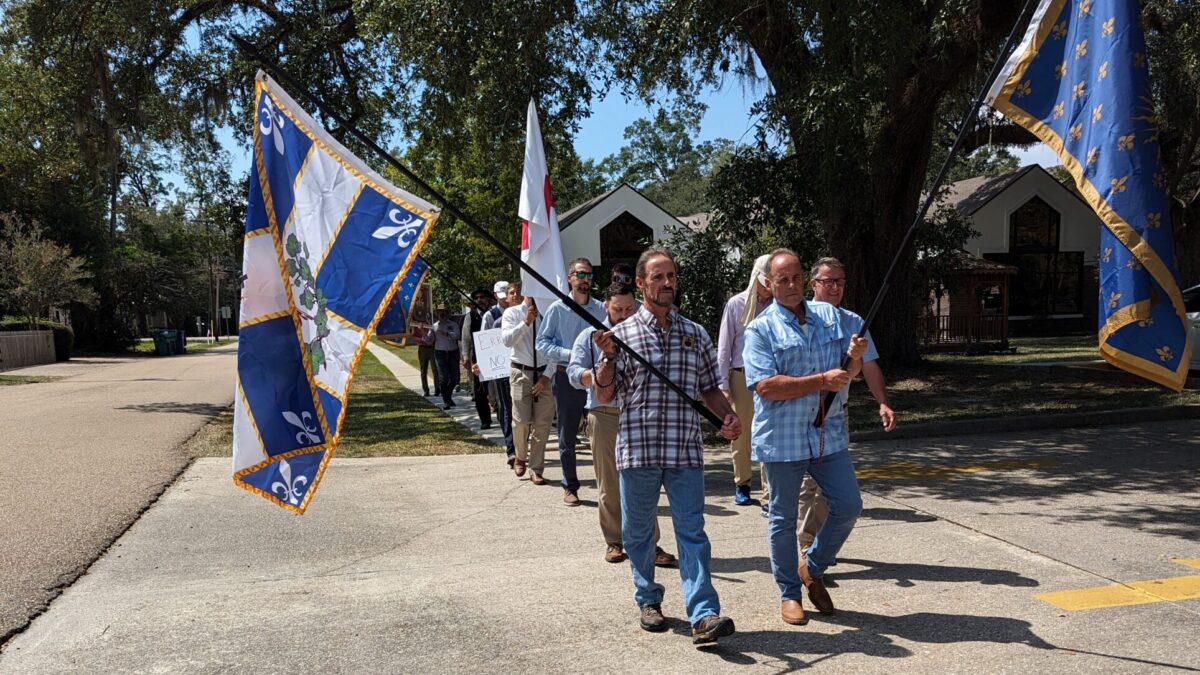
Archbishop Allen H. Vigneron of the archdiocese of Detroit is making headlines for his efforts to push Catholic parishes and other religious groups to return to normal, pre-COVID worship services.
On Feb. 9, Vigneron issued a statement noting his diocese will remove the dispensation put in place last March excusing Catholics from their Sunday Mass obligation. Attending Mass in-person on the sabbath is part of the third commandment for Christians, and fulfills the words that flow from the mouth of Jesus, to “eat his flesh and drink his blood” (John 6:54).
This comes as several bishops across the country heed the call from September of Cardinal Robert Sarah, the Vatican’s prefect for the Congregation for Divine Worship, that it is absolutely “necessary and urgent to return to the normality of Christian life … and especially the Eucharist.”
Sarah also noted that the physical contact created with God through worship is vital to following him and cannot be met through virtual means or simply being on our own. The pandemic made it necessary to suspend this requirement for a time, but now we must return to physical worship and not be afraid to vibrantly practice our religious liberties.
Physical Presence Required
Participating in the Mass “is the very heart and foundation of our Catholic faith,” Vigneron noted in the opening paragraph of his letter to the faithful in Detroit. For Catholics, not attending Mass on the weekend is a sin. It breaks one’s relationship with God, who deserves our worship and makes us whole when we place him at the center of our lives.
During the pandemic, churches and religious institutions across the nation had to close their doors to stifle the spread of the virus. Most Catholic dioceses continue to keep their dispensation in place while neglecting that churches have had an incredibly low number of occasions where contact tracing concluded the virus spread from a place of worship.
For example, Tom Alban, the director of risk management for the archdiocese of Baltimore, said his church has no indication that there’s been any type of spread of the virus at their Masses. The science, the statistics, and the Constitution are all on the side of religious institutions who desire to return to pre-COVID conditions for their worship services, while of course following appropriate health directives regarding face masks and social distancing. The government does not need to direct any religion on how to instruct their faithful on their teachings.
COVID Attacks the Right to Worship
This is not simply a Catholic issue but involves every faith that gathers together for worship. Truly, this is a religious freedom issue, and this particular liberty has been up for grabs over the last year.
In October 2020, the diocese of Brooklyn sued Gov. Andrew Cuomo and New York state for only allowing between 10 and 25 people to attend each Mass in their diocese. These outlandish restrictions violated people’s First Amendment right to worship freely. Despite these bold moves by some bishops, there is still fear by some church leaders that removing the dispensation may threaten the government’s view of religious expression.
Before the pandemic hit, only about 21 percent of Catholics regularly attended Mass each Sunday. An August 2020 report from Pew Research Center stated that, among those who usually attend monthly in-person services, roughly 42 percent of Catholics watched a virtual service in the last month.
The desire for contact with the divine is present among Americans, but there has been a temptation to replace the real thing with online imitations. The recent letter from the bishop in Detroit and other bishops across the globe is a recognition that the church must call its members back before it is too late.
Pandemic restrictions forced churches to only allow 25 to 50 percent capacity in their houses of worship, which caused the above statistics on attendance to drop further. Countless churches are facing low attendance and struggling to pay their bills due to the shortage of worshippers. While the reason for attending Mass is not to financially support the church, charity is a key component of living out the Christian life and keeping these communities alive.
For some Christian churches, and many Catholic parishes, these months of unnecessary restrictions and attacks on religious liberty did result in many needed advancements such as live streaming services and online giving initiatives. Broadcasting Mass is a good alternative for those who cannot be physically present, but as both Cardinal Sarah and archbishop Vigneron noted, “God did not come to us virtually. He came to us — and continues to come to us — in the flesh.” Being present for Mass, for those able, is both “irreplaceable and essential.”
While the dispensation is expiring in Detroit, there are still members of the faithful who are excused if they fall under certain circumstances and categories, such as health-care workers, the elderly, pregnant women, and those who have a “significant” fear or anxiety of contracting the virus at Mass. Vigneron is, no doubt, acting on the fact that most people who are not attending Sunday Mass could easily do so.
His removal of the dispensation is simply acknowledging the fact that attendance at Sunday Mass is both expected and required. It is what the church believes is true, and the truth must always be upheld.
Some members of the church hierarchy are responding well to calls to bring the flock back to a sense of normal. They are fighting for the liberties that we too often take for granted. Let these recent moves to make rational and responsible decisions lead us back to pre-COVID worship, and may we always count our blessings when we are there.









